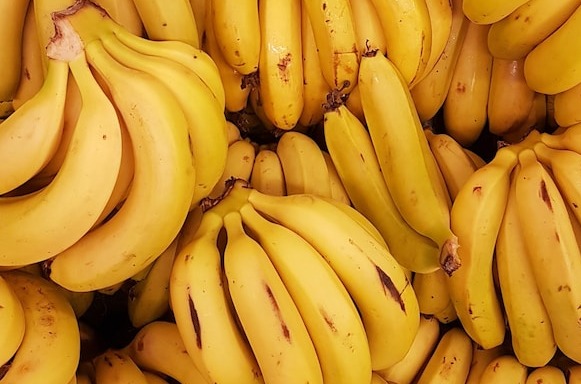W1 Banana Update: Ecuador's Banana Rebound, Uzbekistan Extends Duty-Free Import, Threat to Syrian Banana Cultivation, and Australia's Panama Disease Concerns in 2023

Ecuador's Banana Exports Surged in 2023, Recovering From Pandemic Impact
Ecuador's banana exports rebounded with 316.35 million boxes in 2023, signaling recovery from pandemic impacts. The Association of Banana Exporters of Ecuador (AEBE) report, based on data from DATACOMEX and the Banana Statistical Observatory, revealed a 6% year-on-year (YoY) increase in exports, although still below pre-pandemic levels. The European Union (EU) and Russia remained top buyers, constituting 29% and 21%, respectively, of total Ecuadorian banana exports. Notably, EU shipments rose by 18% YoY. Various markets, such as the United States (US), Africa, and Asia, witnessed diverse growth, collectively totaling 118.16 million boxes from Ecuador's top10 brands. This constituted 37.35% of the country's banana exports. Dole and Global Village emerged as key players.
Uzbekistan Extends Duty-Free Import for Bananas and Essential Foods to 2025 for Market Stability
Uzbekistan extended the duty-free import of key food items, including bananas and citrus fruits, until January 1, 2025, aiming to stabilize prices, combat inflation, and support domestic markets. The presidential decree covers a range of essential products, ensuring continued affordability and accessibility for consumers.
Rising Banana Cultivation Poses Threat to Tomato Farming in Syrian Coastal Region
In Syria, the farmers in the coastal province of Tartus, particularly in Banias, a significant tomato production area, are transitioning from tomatoes to bananas. Bananas prove more economically viable, requiring only a fraction of the production costs of tomatoes. A 65% decline in tomato cultivation is expected in Banias within five years, reflecting the profitability and ease of growing bananas. Factors like lower production costs, quicker yields, and higher profits drive the shift. The trend poses a threat to the future of tomato farming in the region due to the challenges of high costs, inadequate pricing, and labor issues faced by tomato growers.
Floods Heighten Panama Disease Threat to Australia's Banana Industry, Growers on High Alert
Responsible for over 90% ofAustralia's bananas, Far North Queensland faces a renewed threat as floods increase the risk of Panama disease tropical race 4 (Panama TR4). The soil-borne fungal blight is currently contained to eight properties in the Tully Valley, with fears of further spread. An Australian banana grower notes the ease of Panama TR4 transmission through water and soil movement. Though the recent cyclone-induced flooding won't significantly impact prices, the potential spread of Panama TR4 poses a substantial risk to the USD 600 million Australian banana industry.






